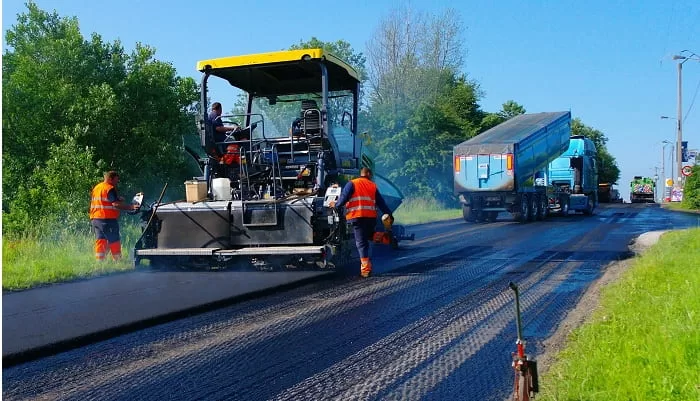India is gearing up to launch a comprehensive mega highways construction program aligned with the Narendra Modi-led NDA government’s Vision 2047. This initiative aims to replace the existing Bharatmala Pariyojana and significantly boost connectivity across the country. The forthcoming program will clearly define eligibility criteria for roads earmarked as national priorities, accompanied by changes in the Model Concession Agreement to expedite infrastructure development and minimize contract disputes and legal complexities. A senior government official revealed, “Future projects will be awarded under a new scheme, different from Bharatmala.”
To streamline the contract process and reduce disputes, adjustments to the Model Concession Agreement (MCA) for all road construction contracts are being considered. The revisions aim to address unfavorable provisions for the government identified in previous legal cases, tightening regulations to enhance project implementation and ensure the delivery of high-quality roads. Proposed changes include no arbitration for disputes with a claim value up to ₹50 lakh, restrictions on pre-reference or pendentelite interest for cases involving higher amounts, and joint beneficiary status for government arms in project failure compensation insurance during the concession period.
Despite the progress made under Bharatmala, which saw the construction of over 10,000 kilometers of national highways annually since its launch in October 2017, concerns have arisen over escalating expenditures. Going forward, it is anticipated that any remaining National Highway (NH) contracts awarded this fiscal year will follow the Build Operate Transfer (BOT) model, requiring minimal financial outlay from the exchequer. This strategic shift towards BOT projects is expected to facilitate the awarding of 10,000 kilometers of NH contracts in the current fiscal year, contributing to the ambitious Vision 2047.


